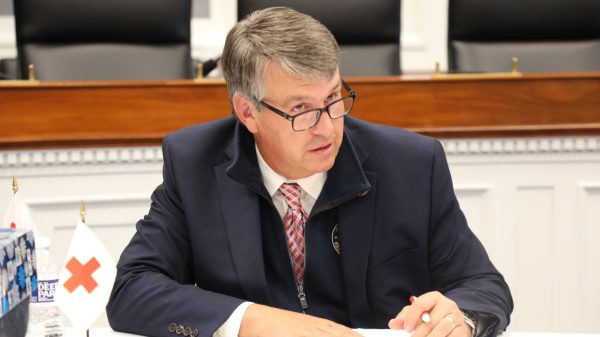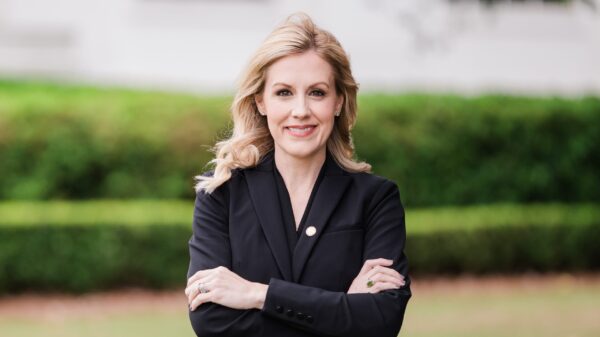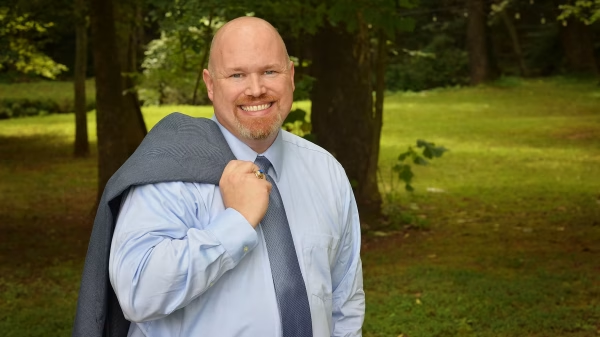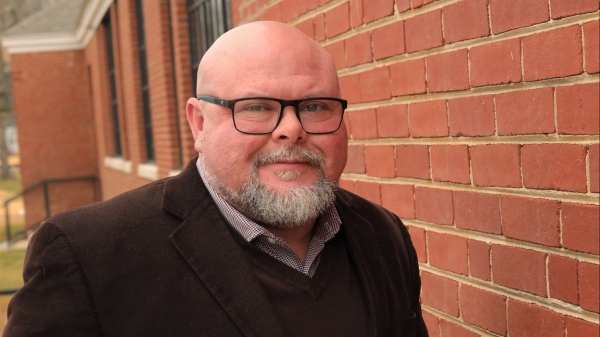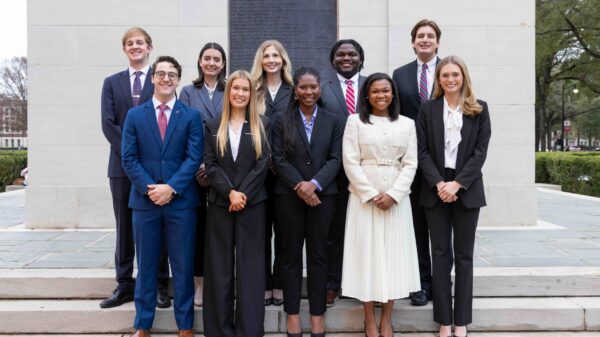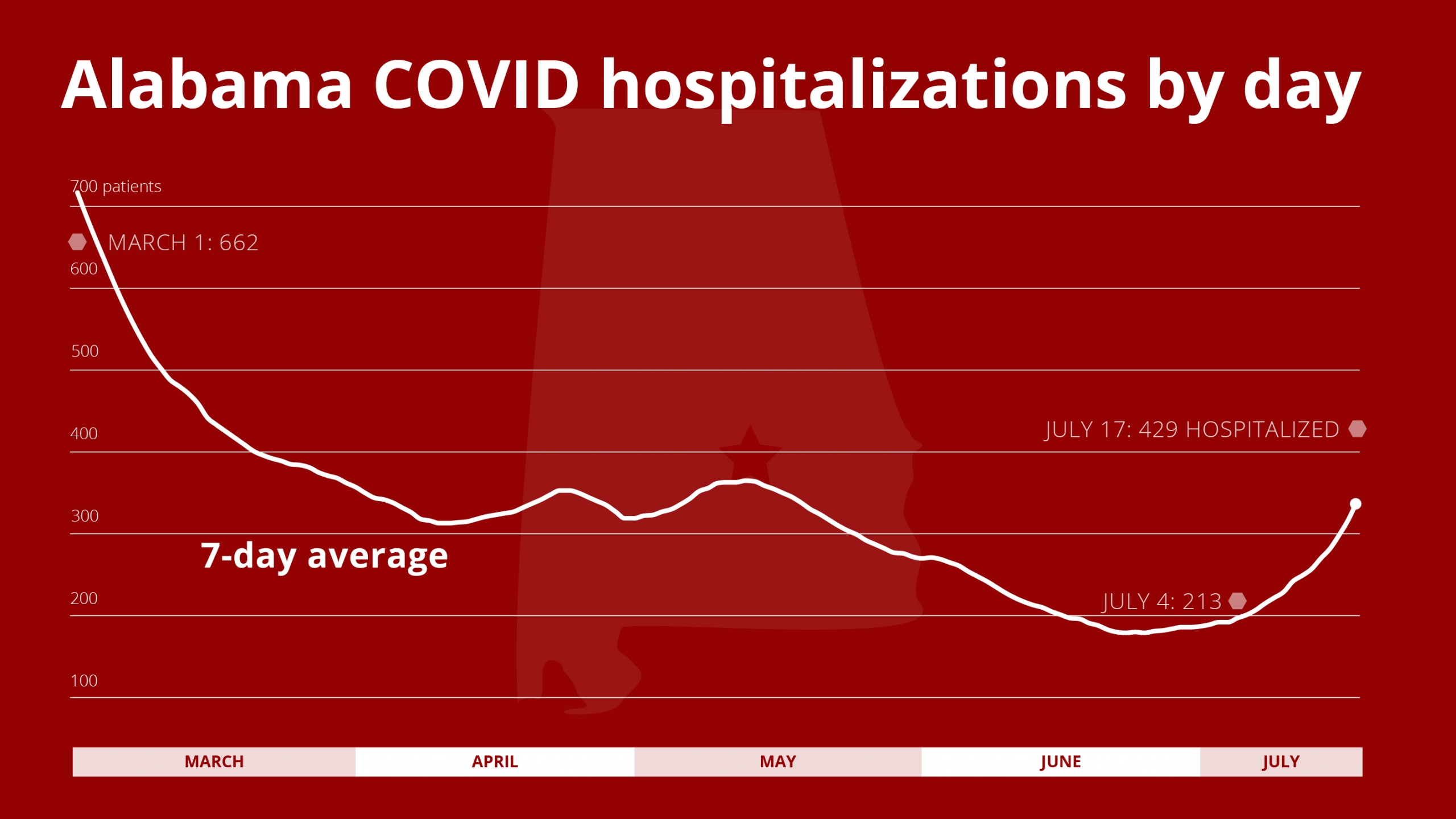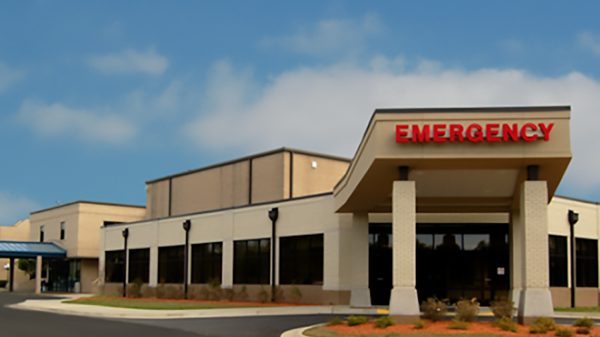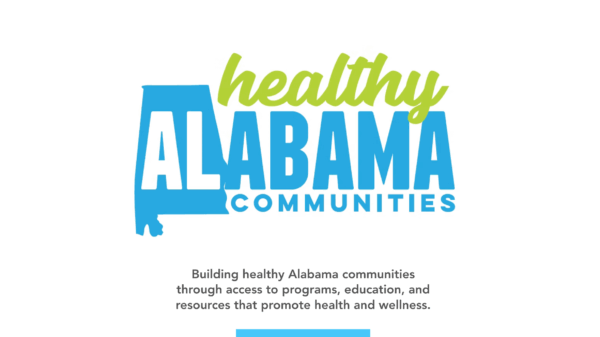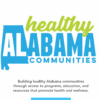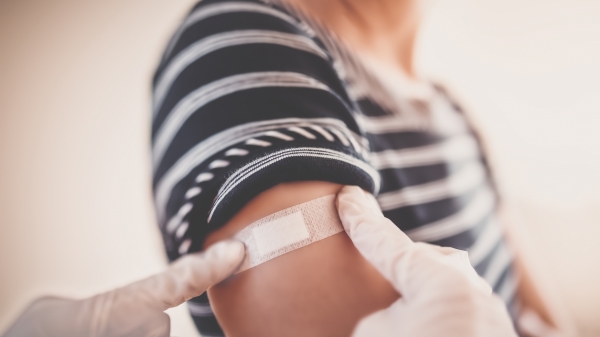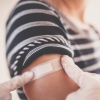On Saturday, 429 Alabamians were hospitalized with COVID-19, a 101 percent increase from two weeks ago. Last week, the state averaged 550 new cases daily, which was a 125 percent increase in two weeks.
The rising cases and hospitalizations are concerning Alabama’s physicians, who warn that without increased vaccinations, the state could see another deadly surge, which is certain to impact the unvaccinated the hardest.
{{CODE1}}
“Part of this almost certainly is the delta variant which we’re increasingly detecting across Alabama,” said Dr. David Kimberlin, co-director of UAB’s division of pediatric infectious diseases, speaking with reporters Friday.
Kimberlin said the previous variant, alpha, was approximately twice as contagious as the original COVID-19 strain, and the delta variant is thought to be 60 times more contagious than alpha.
“The good news though, is that, unlike a year ago, we now have something we can do about it. We have vaccines that are available, and we need to get more people vaccinated,” Kimberlin said.
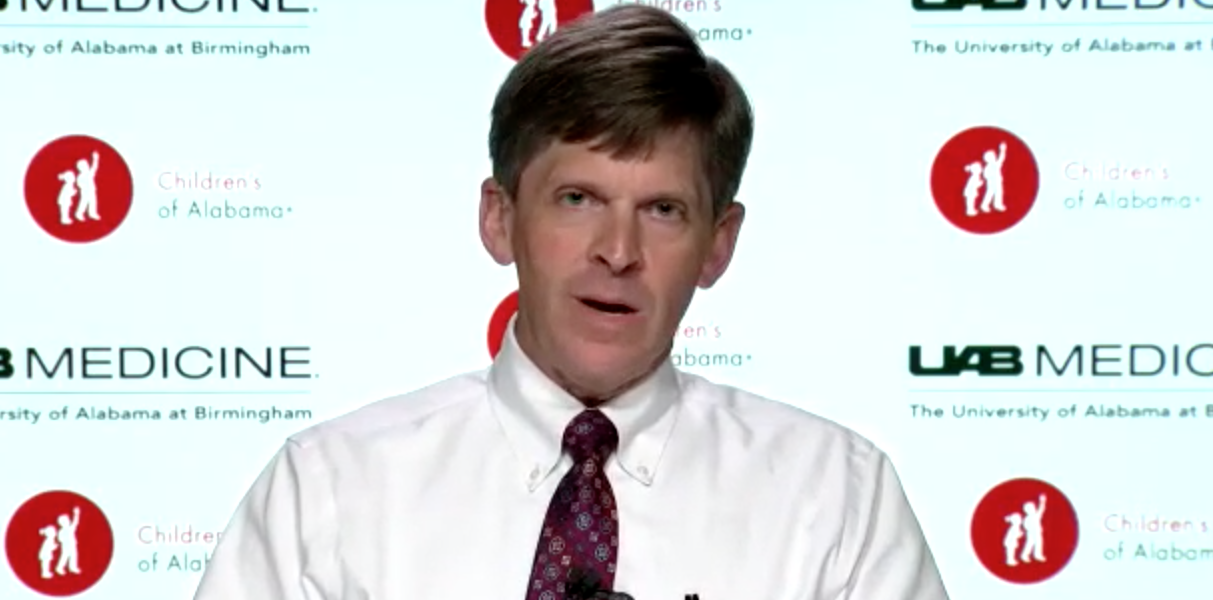
Dr. David Kimberlin, co-director of UAB’s division of pediatric infectious diseases.
Kimberlin noted that Alabama has the lowest percentage of fully vaccinated residents in the nation, at 33.7 percent, according to the Centers for Disease Control and Prevention.
“That’s not a good, enviable place to be on that particular list, and until we start seeing some differences with that, we will continue to have our challenges,” Kimberlin said. “And I fear that our challenges will get worse over these next several weeks and not better.”
Unless vaccinations increase, Alabama could see a return to the spike in cases, hospitalizations and deaths the state saw last winter, and vaccines are the key to preventing that, Kimberlin said.
“Of all the people dying in the United States of COVID, more than 99 percent are unvaccinated. That’s a testimony to the protection that the vaccine provides,” Kimberlin said.
There’s a concern that COVID-19 will continue to mutate among the unvaccinated, making it harder for a person’s immune system to fight it off, he said.
“And if that happens with enough of those mutations, we theoretically could be in a situation where the current vaccines don’t cover it, and that would be a scary thing,” Kimberlin said. “So how do we avoid that? We get vaccinated now.”
Asked by APR whether the delta variant is having an impact on the number of cases and hospitalizations among children, Kimberlin said the number of children being admitted to hospitals with COVID-19 is increasing.
While UAB hasn’t sequenced all of the samples to determine whether those children contracted the delta variant, Kimberlin said, “I don’t think it’s too difficult to connect dots here.”
{{CODE2}}
Only 4.8 percent of children in Alabama aged 12 to 17 are vaccinated. Asked about the pending return to classrooms and the low rate of vaccinations in children, Kimberlin said he recommends that everyone 12 and older get vaccinated and those who can’t should wear masks and practice social distancing.
“That’s what’s going to, number one, protect that person’s health, perhaps that person’s life, but also their loved ones, their friends, their neighbors, their schoolmates, the classroom workers, the cafeteria workers at their schools,” Kimberlin said.
There’s a perception among some that recovering from COVID-19 means they’re now protected from contracting it again. Kimberlin said, but he warned against banking on natural immunity. Studies are showing that natural immunity does not provide the same level, or length, of protection that vaccines provide.
“Roll up your sleeves and get the vaccine, because that’s what really will protect you going forward,” Kimberlin said.

